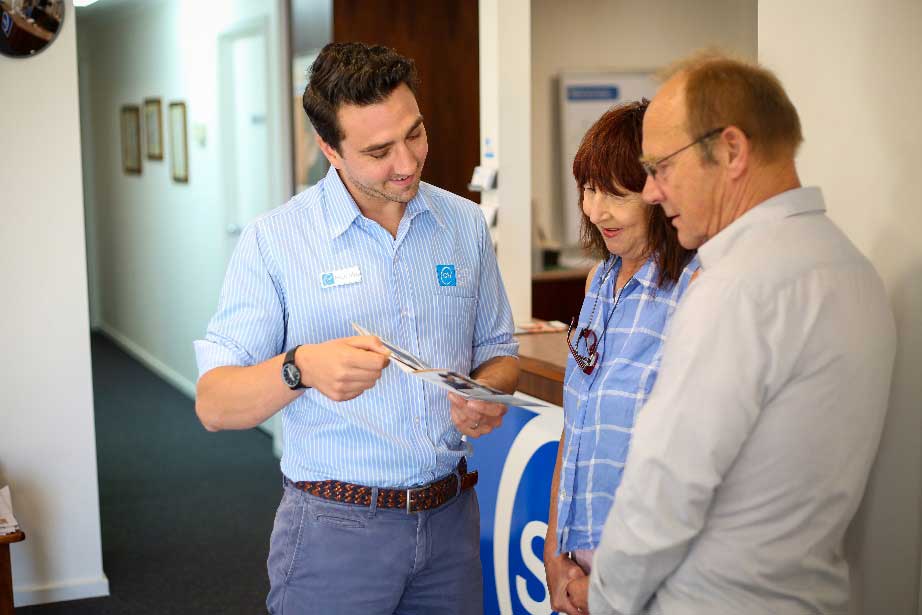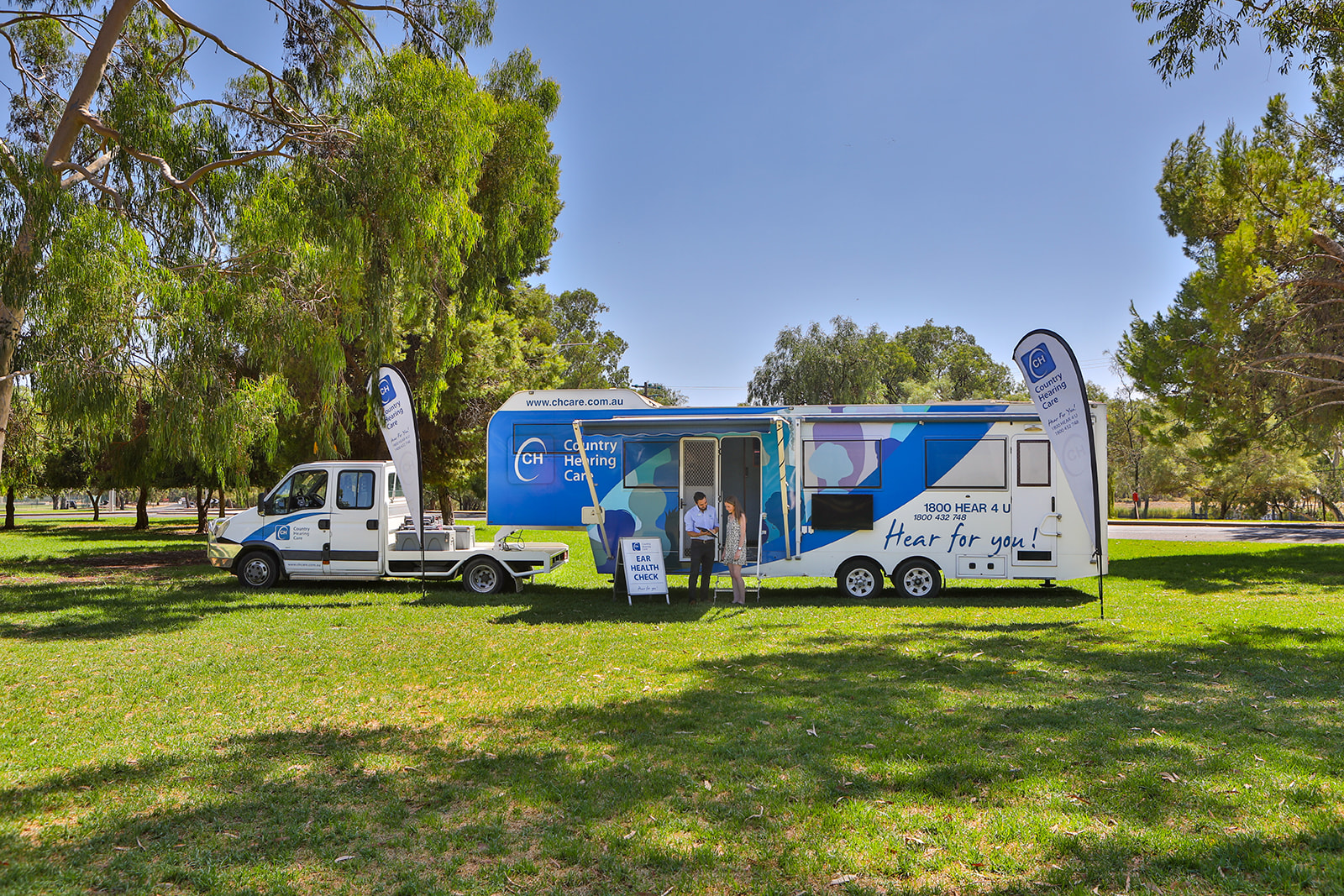Listening to music has a lot of emotional, cognitive, and physical benefits. According to research, music can improve people’s moods, encourage better learning, enhance memory retention, reduce stress, promote cardiovascular health, and so much more. Despite these many benefits, the way people listen to music can adversely affect their health. No one knows these negative effects more than musicians.
The threshold of sound that can cause damage to your ear structure is 130 decibels. Health organisations also put the threshold to 115-decibel sound exposure to twenty-eight seconds to minimise hearing damage.
However, during every performance, musicians are at risk of losing their hearing. One bad feedback from a 140-decibel speaker can directly damage their ear structures. A ninety-minute to two-hour exposure to 115-decibel music can cause tinnitus to temporary hearing loss. These are not only hypothetical situations because there are musicians still suffering from noise-induced hearing issues.
It may not look like it, but here are some musicians who may have failed their hearing tests but did not let it get in their way.
Pete Townshend
Pete Townshend is a prolific musician, guitarist, and songwriter. As the co-founder of one of the most influential rock bands in the 60s and 70s, The Who, he has played in different concert halls for well over twenty years.
But because of the loud music during events, Townshend struggled with tinnitus and hearing loss for years. This led to him performing behind a glass partition in their 1989 World Tour. Today, bandmates describe him as being “almost stone deaf.”
Ozzy Osbourne
The eccentric rock star Ozzy Osbourne shot to rock stardom with his band Black Sabbath in the 70s. As the lead singer of the heavy metal band, he has had his fair share of music that pushes the decibel threshold of safety.
Although he and the band officially parted ways in 1979, Osbourne continued to have a successful rock music career. The one he had to pay for his success, however, is a serious case of tinnitus.
Chris Martin
Cold Play frontman Chris Martin is a singer, songwriter, and pianist that continues to play sold-out concerts in different parts of the globe today. Their alternative rock band has been together since 1999 and has even done 122 shows in a single tour.
Unfortunately, Martin has been struggling with tinnitus since 2002 that he ended up wearing earplugs at every event ever since.
Anthony Kiedis
Known for his high energy and antics, singer Anthony Kiedis has been the frontman for the Red Hot Chilli Peppers since its inception in 1983. By the 1990s, the band had shot to stardom and played their signature funk rock music in massive venues to deafening crowds. Kiedis developed tinnitus in the early 90s during their legendary show with Nirvana.
Will.i.am
American rapper, singer, and songwriter Will.i.am shot to fame with his musical group, the Black Eyed Peas. Although the band was formed in 1995, it was not until 2003 and the release of their single “Where Is the Love?” that they started topping charts and performing in the biggest venues across the globe. At forty-three, Will.i.am revealed that he has been battling tinnitus for years and seeking help from hearing clinicians.
Conclusion
According to the Department of Health, 3.6 million Australians suffer from hearing loss, and 1.3 million of those could have been prevented. The best way to combat noise-induced hearing loss is to turn down the volume when listening to music, limit the exposure to loud noises, wear hearing protection when needed, and schedule hearing tests with your hearing clinician.
You can still go to music festivals and rock concerts; you just have to be safe about it. Pick seats that are away from loudspeakers or wear musician’s earplugs. Make sure to give your ears eighteen hours to recover too.
CH Care is a locally owned and operated business that offers a wide array of professional hearing services in Victoria. Our experienced clinicians provide top-notch hearing assessments, hearing aid fittings, and more in permanent and visiting hearing clinics in different parts of Australia. Book an appointment today and hear the difference!










